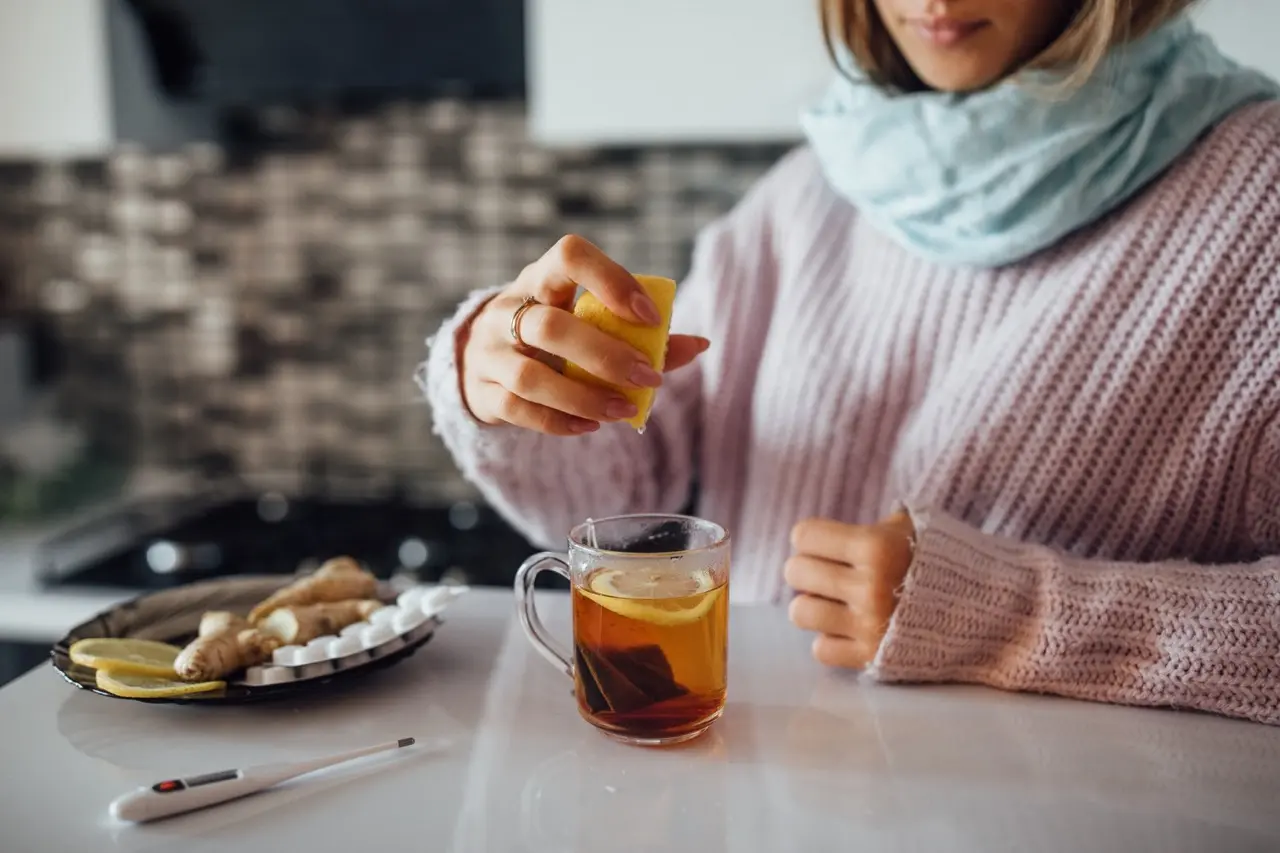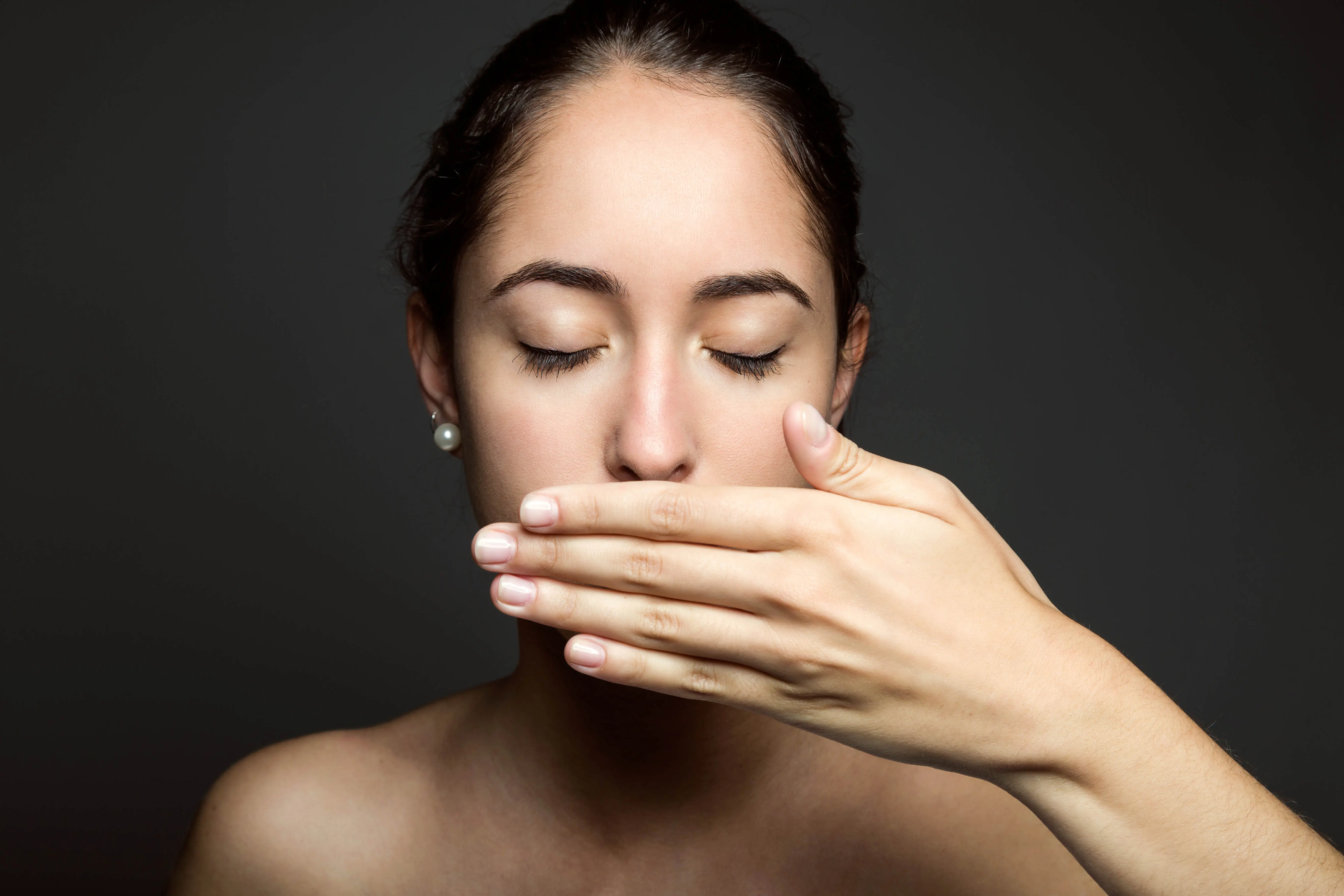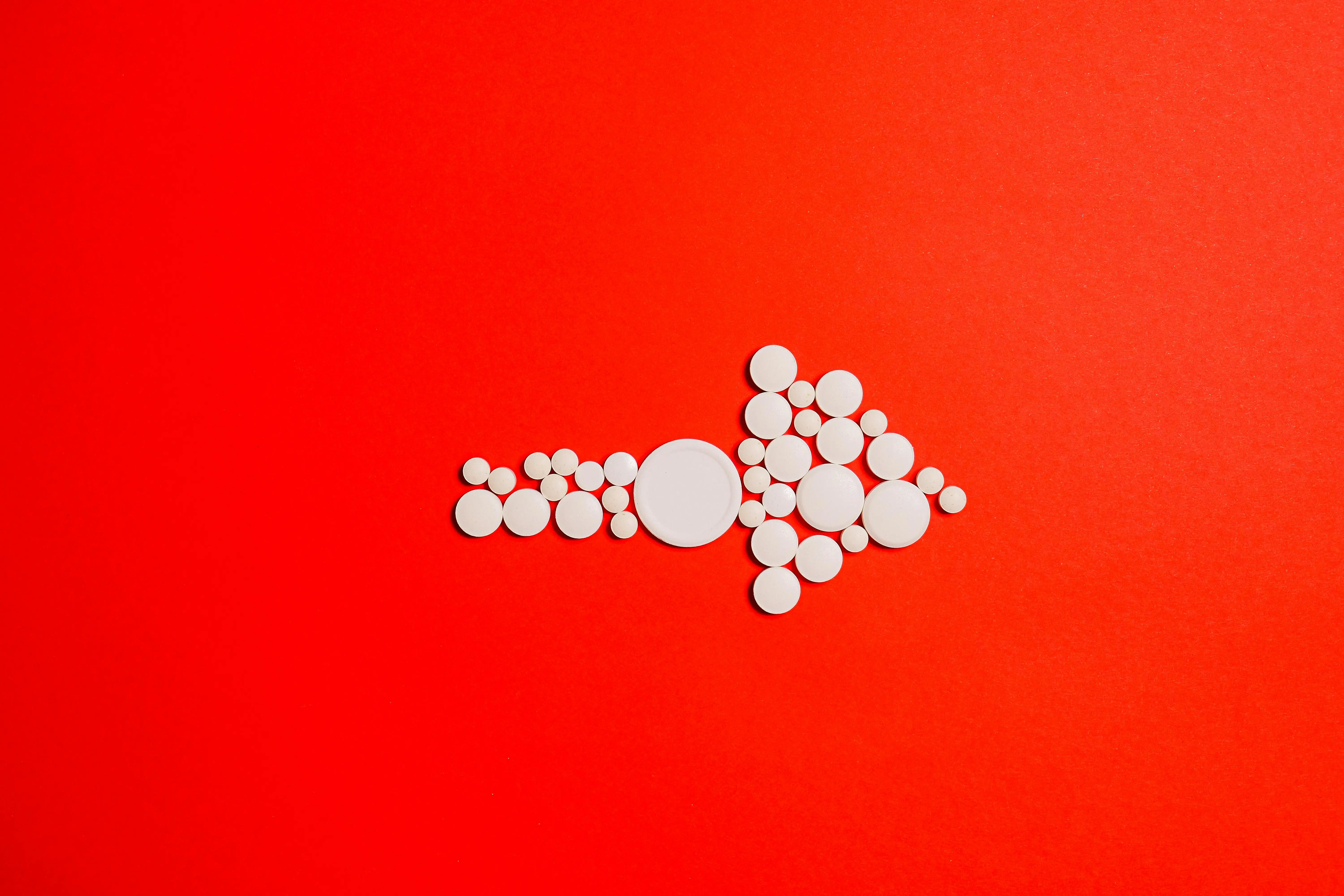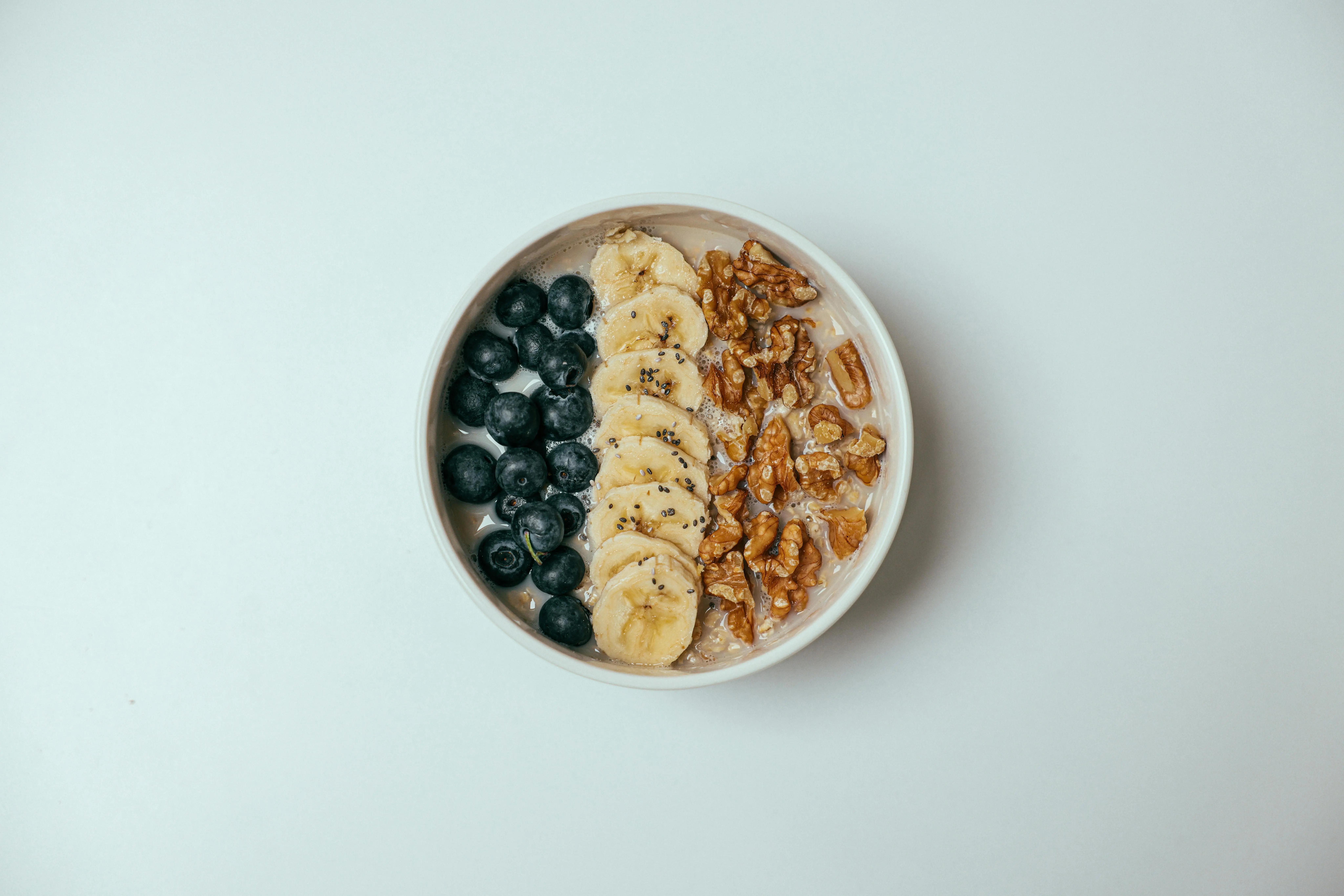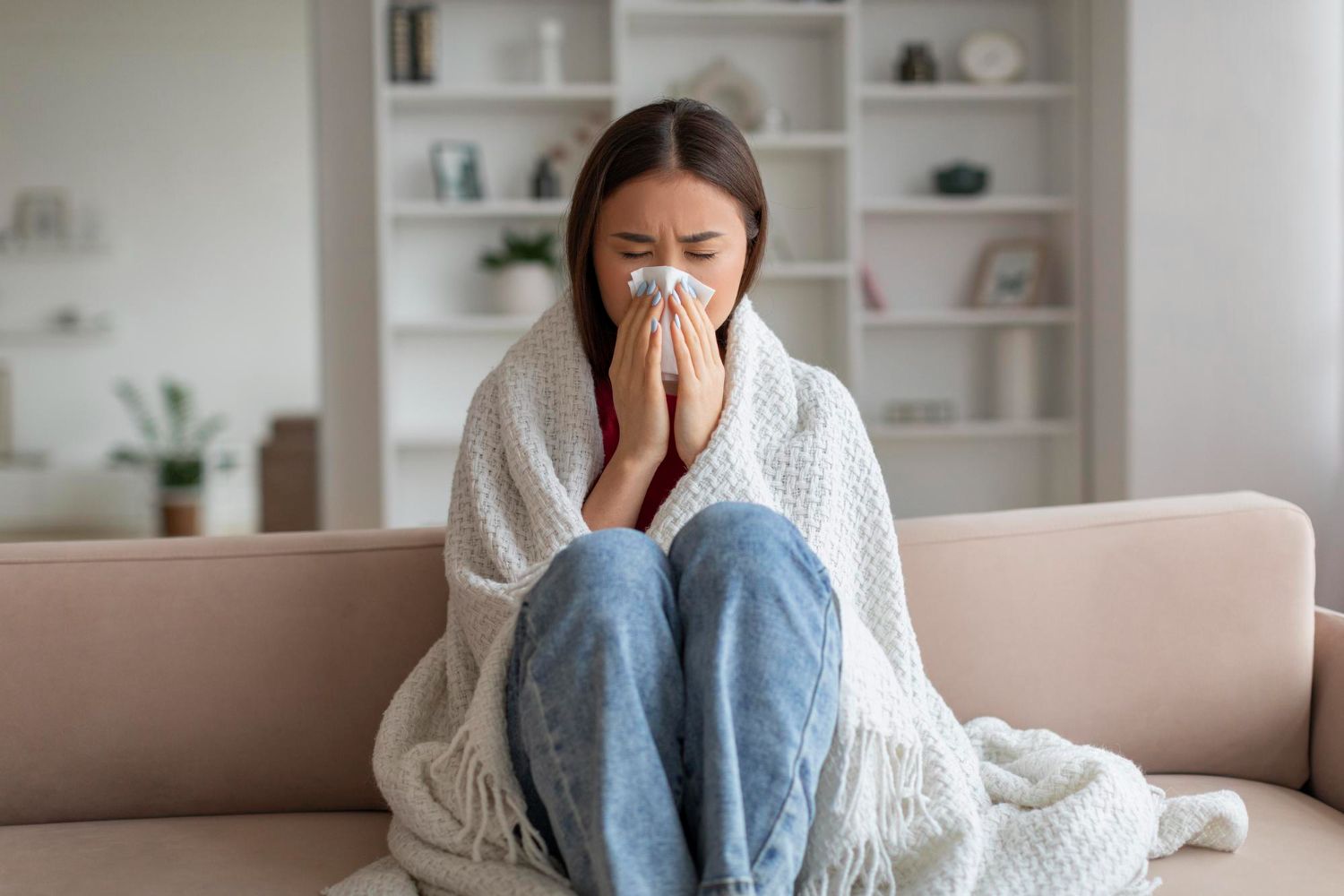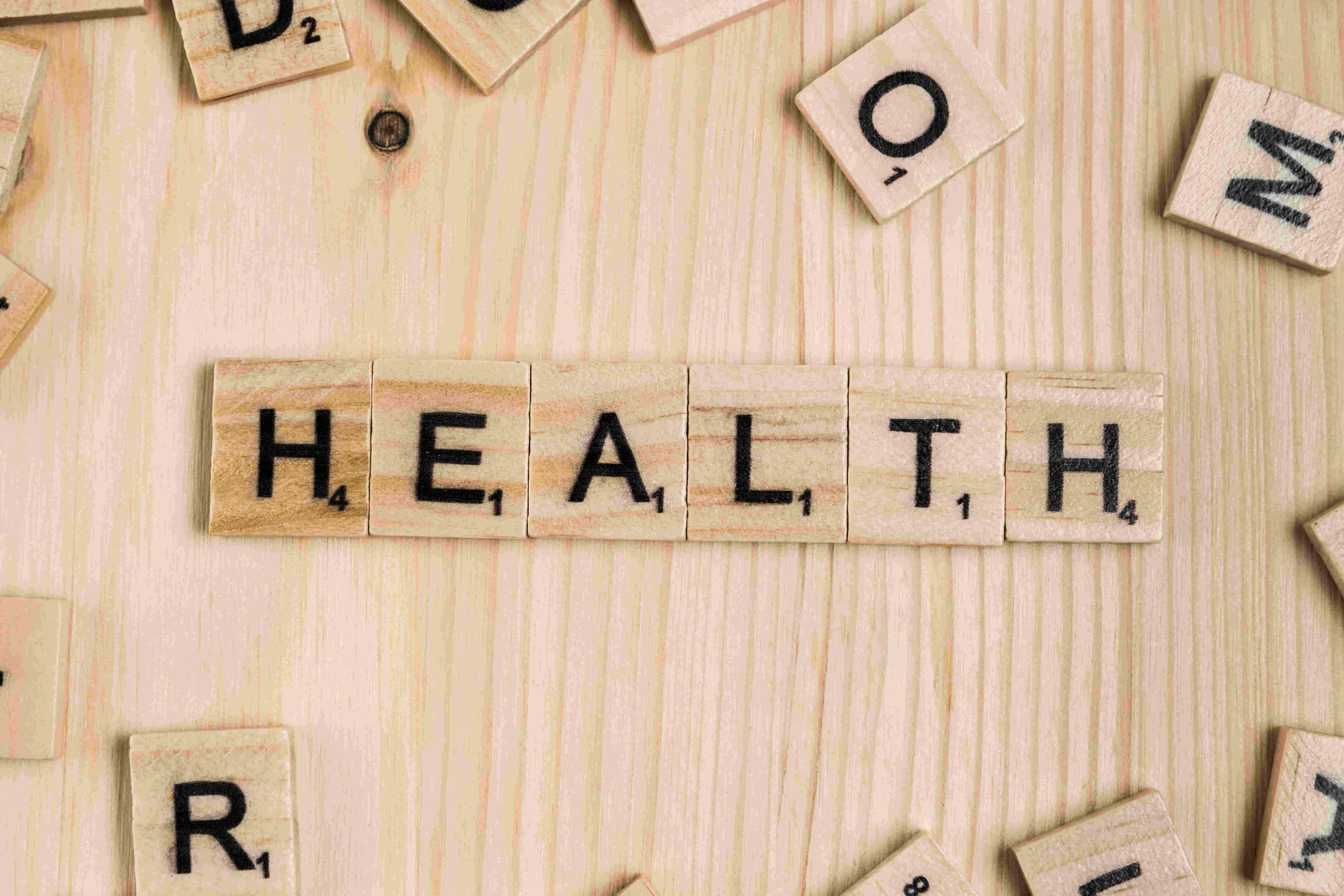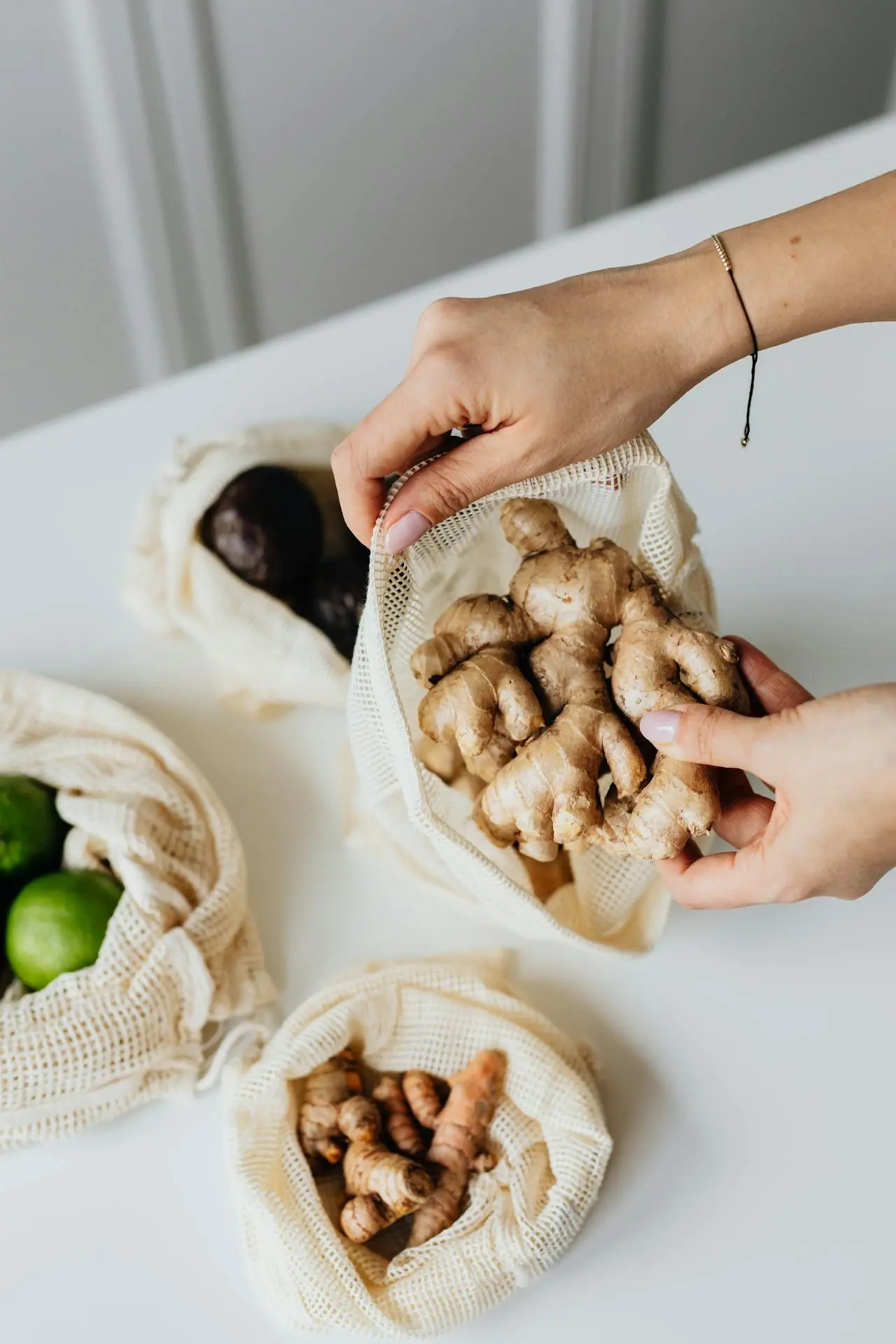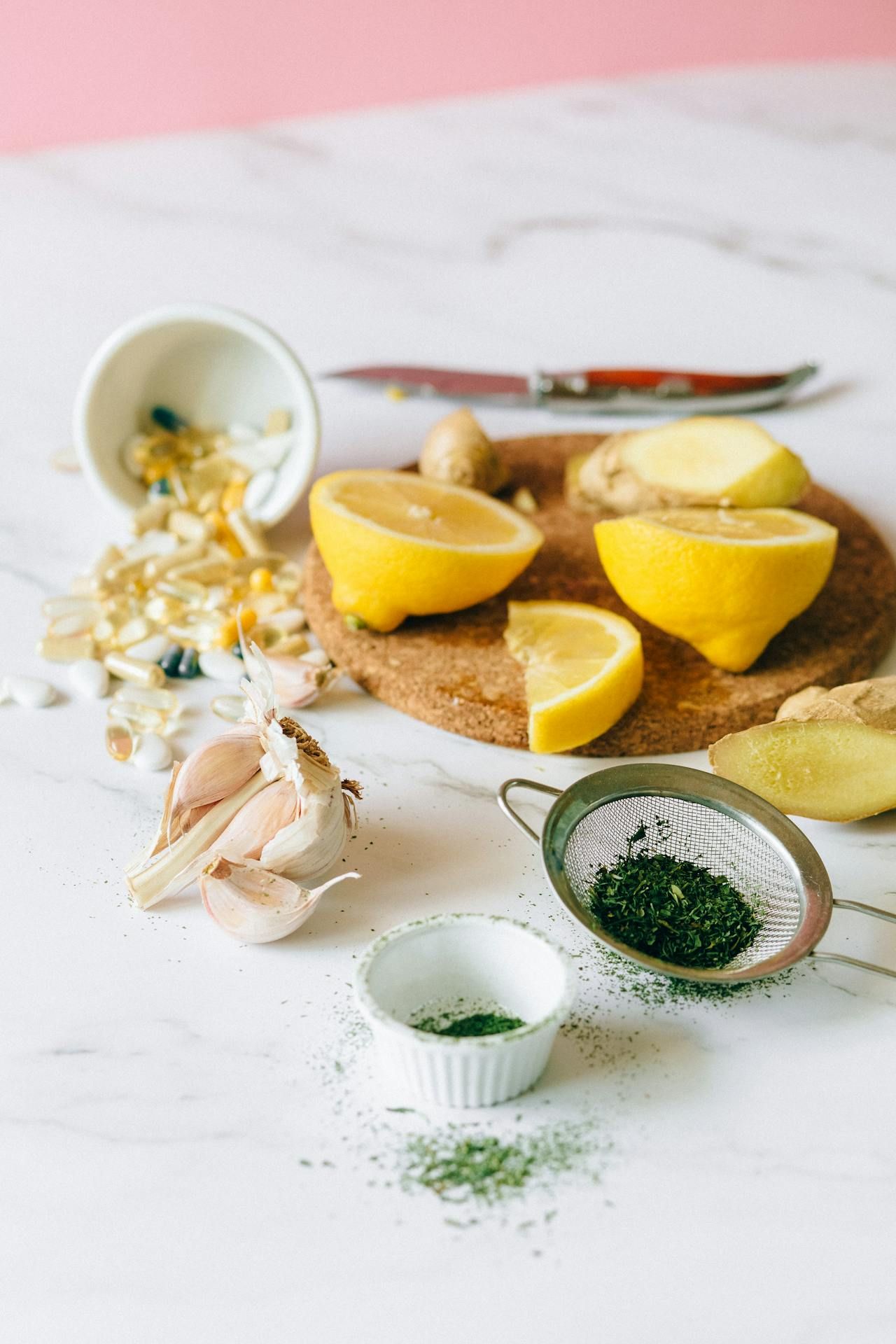A cold catches each of us several times a year. While reaching for medicine is often the first reflex, many people swear by tried and tested home remedies. But which of these traditional healing methods actually have a scientific basis? We have delved into the research and present evidence-based home remedies that can demonstrably relieve your cold symptoms.
Why home remedies make sense for colds
Colds are caused by viruses and usually heal on their own. Since antibiotics are ineffective against viral infections, the treatment focuses on symptom relief. Here, well-researched home remedies can be a valuable addition or alternative to over-the-counter medications.
The great advantage of many home remedies lies in their good side effect profile and their usually cost-effective availability. However, the key is the correct application and realistic expectations of their effectiveness.
Scientifically proven home remedies for cold symptoms
1. Honey for cough – The sweet cough suppressant
The evidence: Multiple studies, including a 2018 Cochrane Review, demonstrate the cough-suppressing effects of honey. Especially in children over one year old, honey proved more effective against nighttime cough than placebo or even some cough syrups.
How honey works: The antimicrobial properties and consistency of honey form a protective film in the throat, alleviating irritation and calming the cough reflex.
Proper use:
- Adults: 1-2 teaspoons pure before bedtime
- Children (1-12 years): ½ teaspoon before bedtime
- Important note: Honey should not be given to children under 12 months (risk of botulism)
2. Ginger – The spicy miracle weapon
The evidence: Studies from 2013 and 2019 show that Ginger has anti-inflammatory and pain-relieving properties. Especially for sore throats and nausea that sometimes accompany colds, ginger proves effective.
How ginger works: The pungent substances gingerol and shogaol have anti-inflammatory effects and may promote circulation, which supports the healing process.
